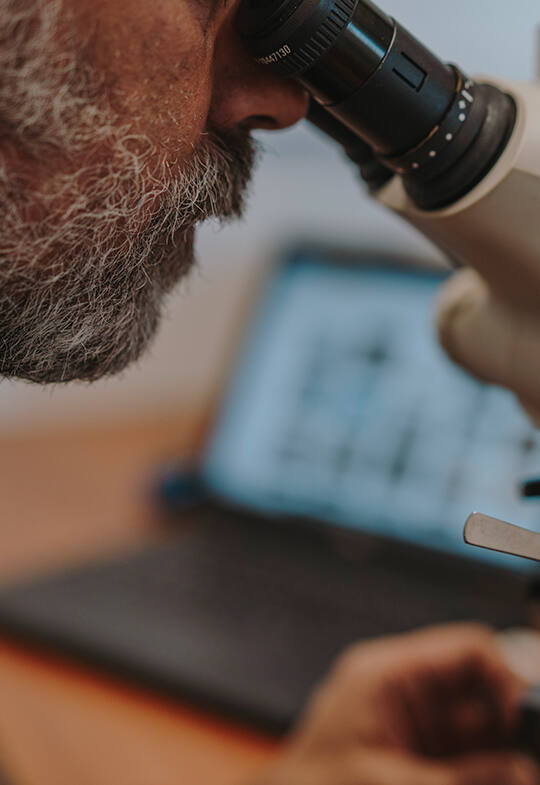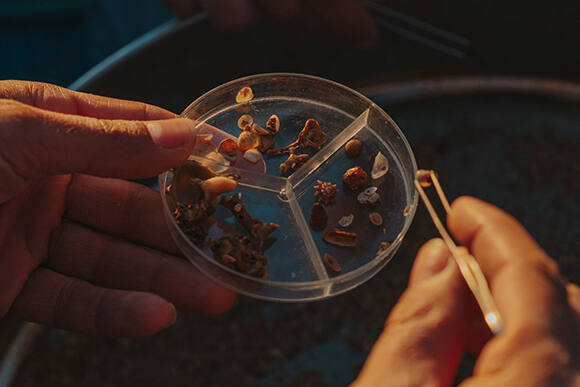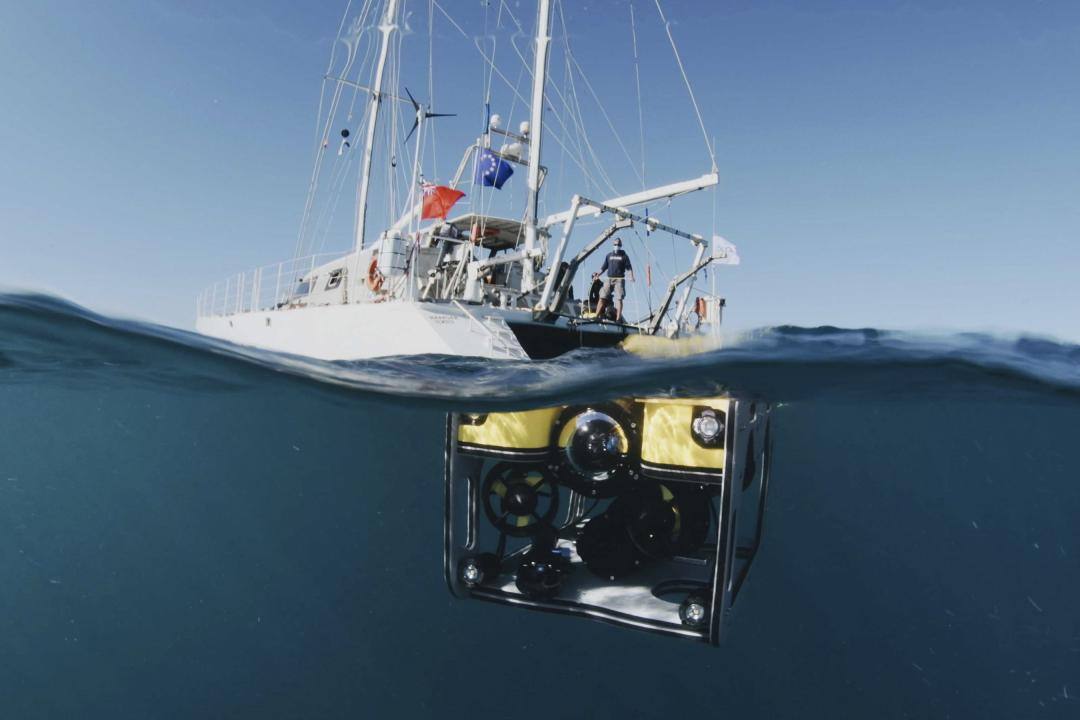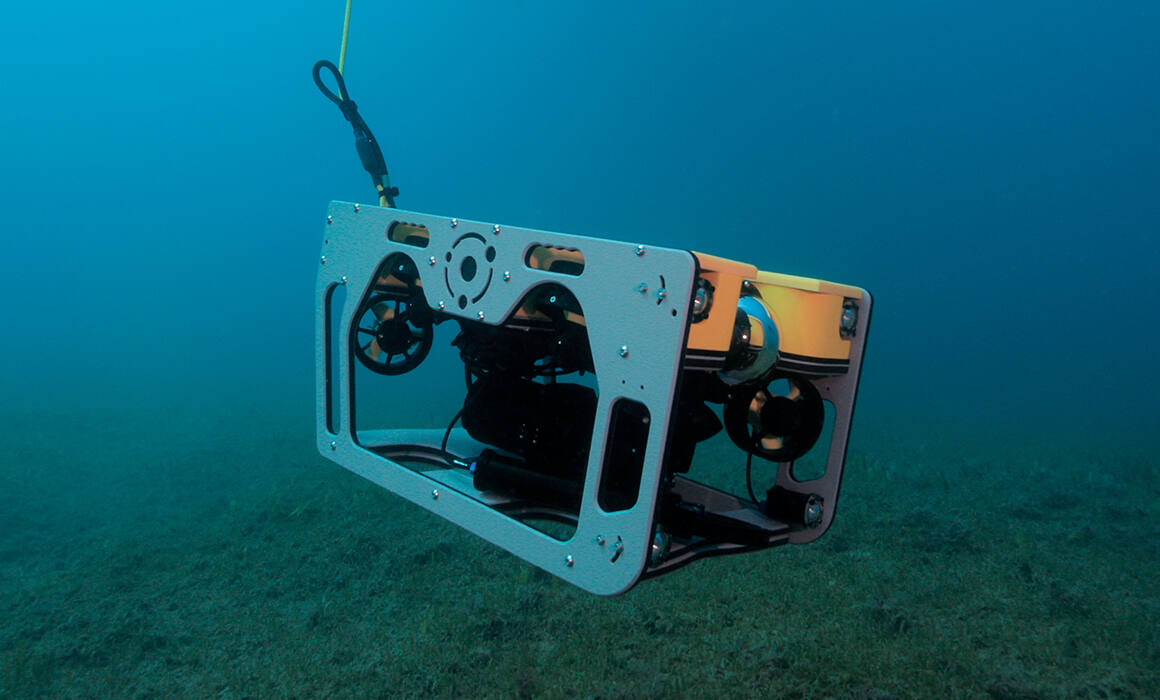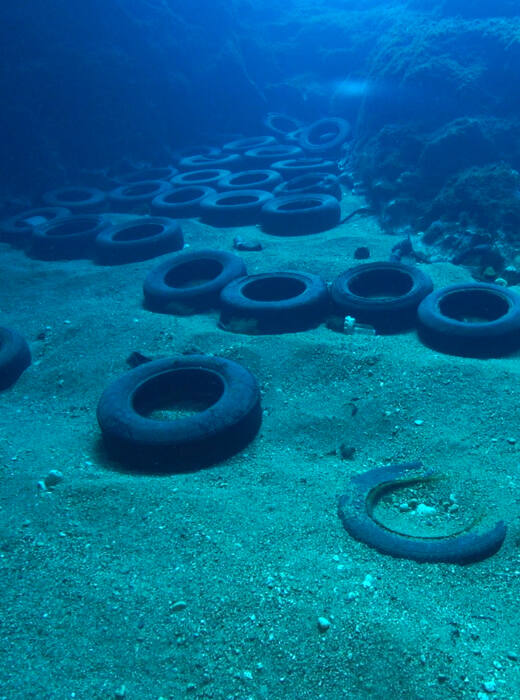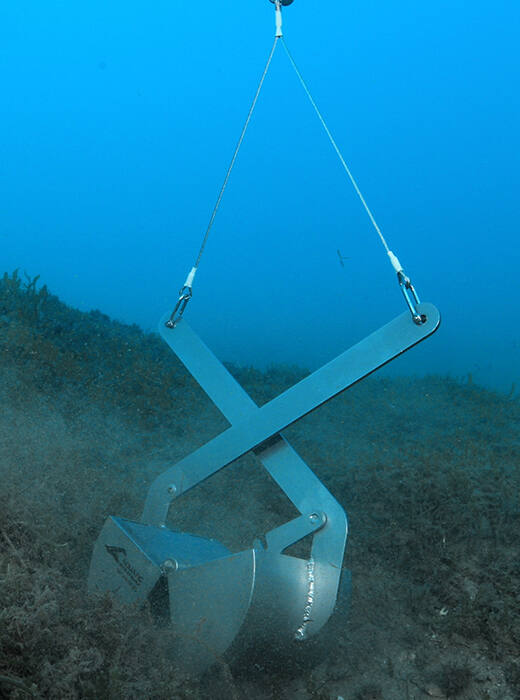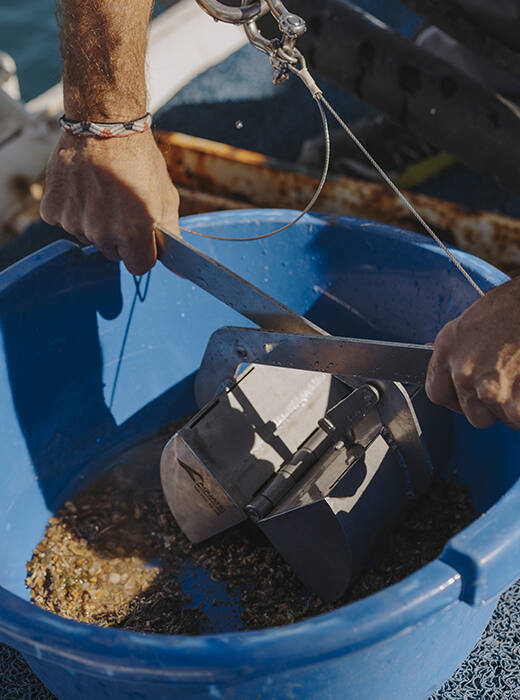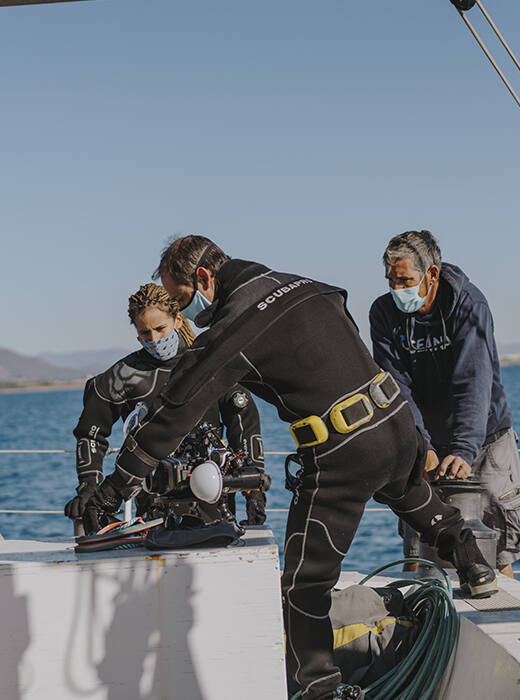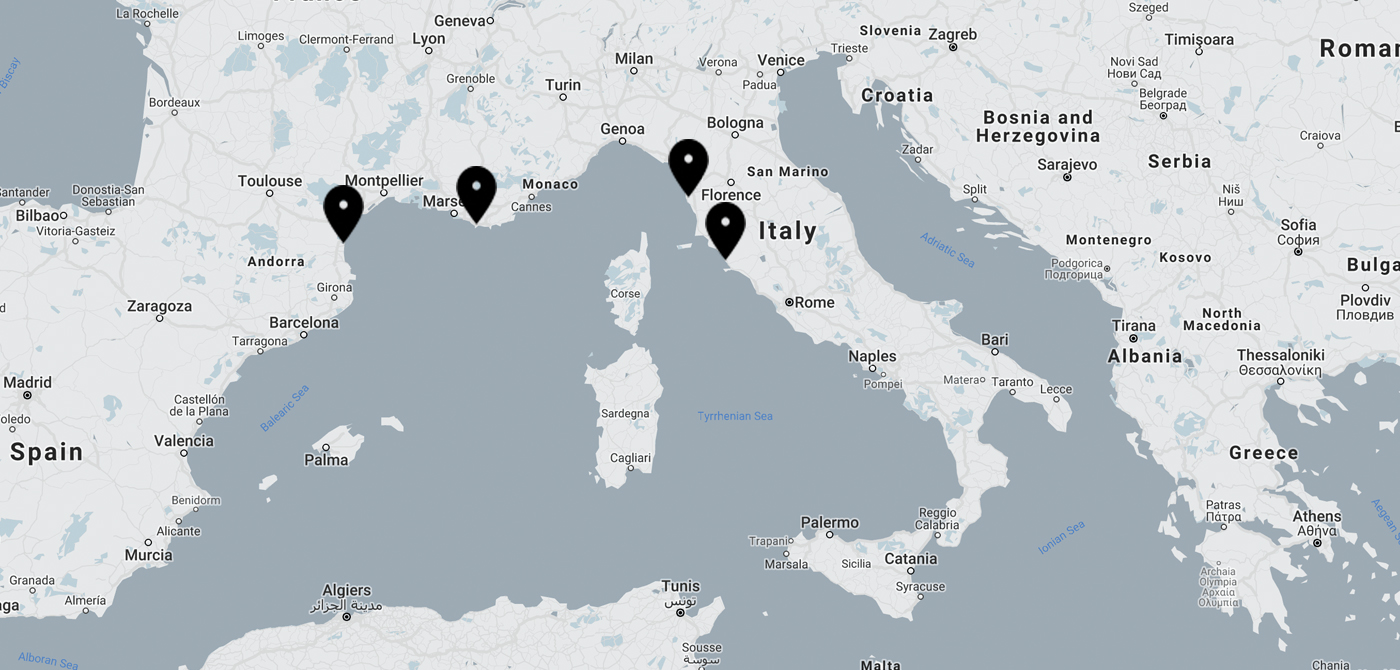As a child, Ricardo Aguilar often visited his family in the Basque Country. His grandfather and great uncle, who were both fishermen, took him out to sea for the first time when he was barely a year old. During these voyages, he began to discover secret spots teeming with life and seabeds that instilled a love of the water inside him. A few years later, these same places would show him the consequences of human activity: where there had once been razor clams, octopuses and corals, he began to only find plastics, bottles and tyres. This attack on his beloved playground has not since relented, but neither has his determination to protect it during more than 15 years of leading Oceana’s European expeditions.
Choose your country or region
- Europe
- Spain
- Catalonia
- Portugal
- United Kingdom
- International Version
An invisible problem?
LA POBLA DE FARNALS, VALENCIA
Ricardo Aguilar, Oceana’s Head of Research for Europe
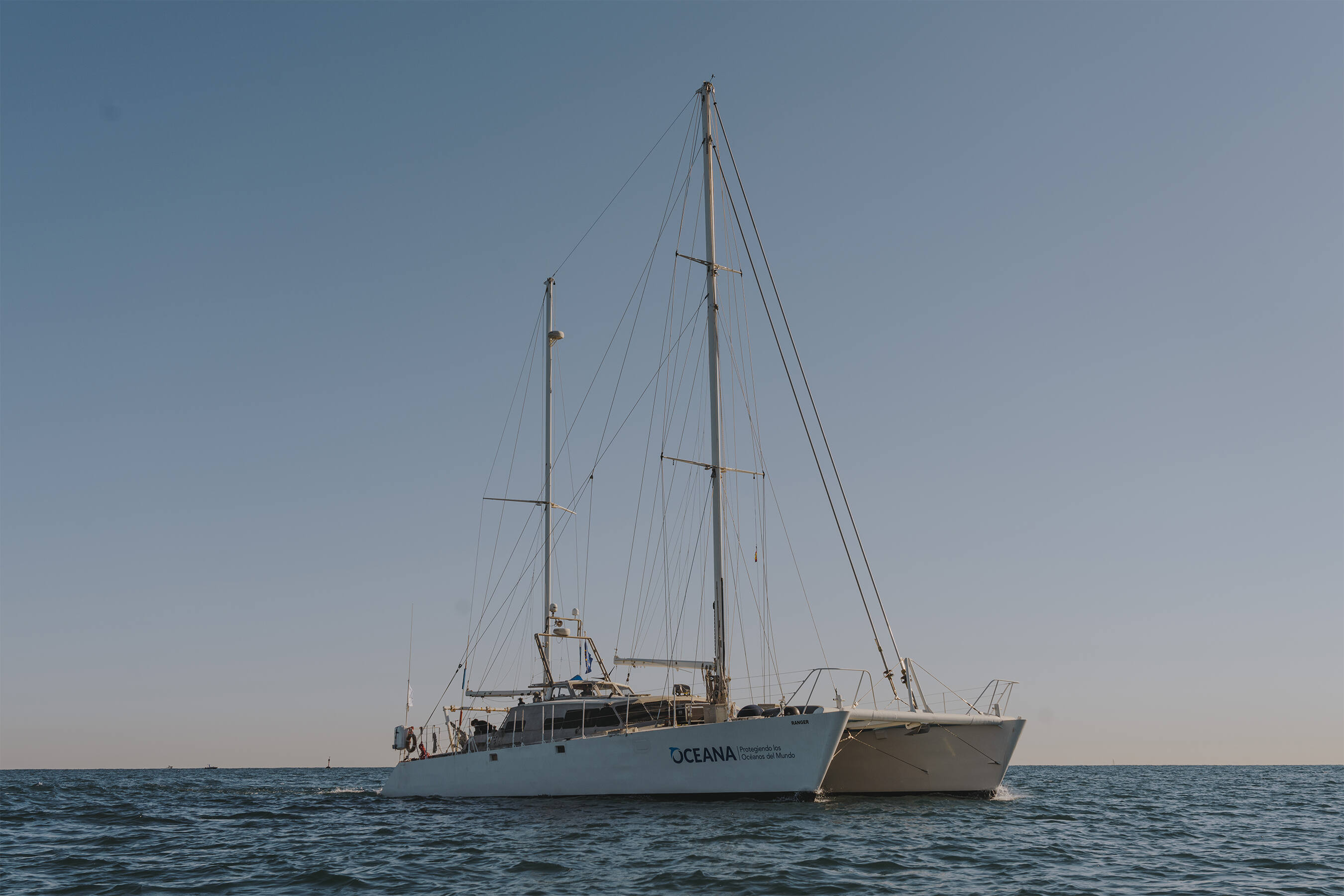
FRAGILE DEPTHS
Founded in 2001, Oceana is an international organisation devoted to the preservation of the seas. Notable among their projects is the work being done to improve the Mediterranean’s seafloor: “a miniature ocean” as Ricardo Aguilar, Head of Expeditions in Europe, calls it. With areas more than 5,000 metres deep, the Mediterranean seafloor is home to ecosystems that are rich in diversity but also extremely vulnerable. “It takes decades for many of the animals that live there to reach reproductive maturity, and some have taken millennia to form,” warns Ricardo.
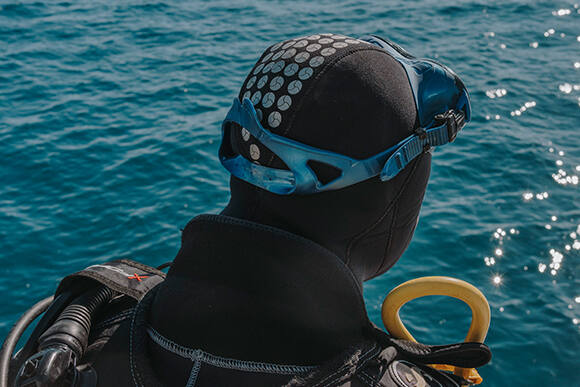
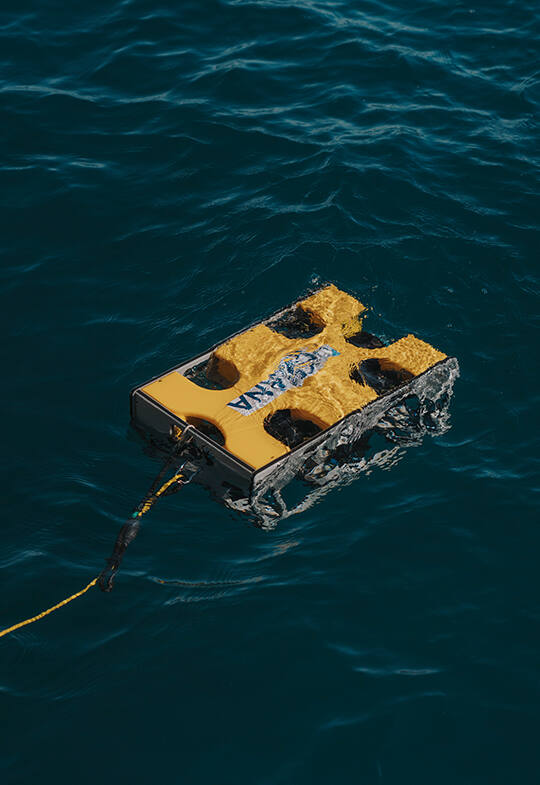
A robot submarine that allows exploration and sample taking at great depths.
AN ONGOING THREAT
As an enclosed sea, the Mediterranean seafloor has very high levels of pollution. “We might find anything from a bottle to a fridge or a motorcycle,” says Aguilar, without forgetting the ubiquitous plastics that take millennia to decompose (if they ever do) and prevent the reproduction and feeding of a wide range of species, such as corals, sponges, octopuses and spider crabs. According to several members of Oceana, “These plastics inflict fatal wounds and ultimately drown many, many species.”
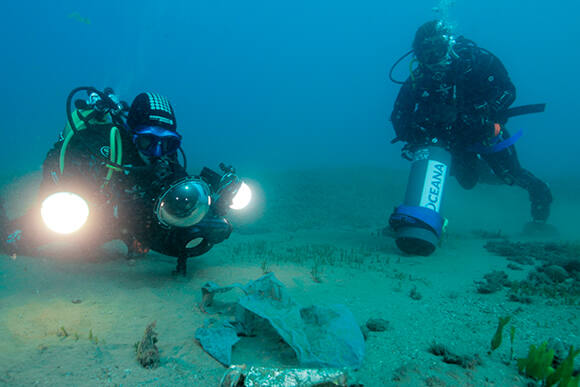
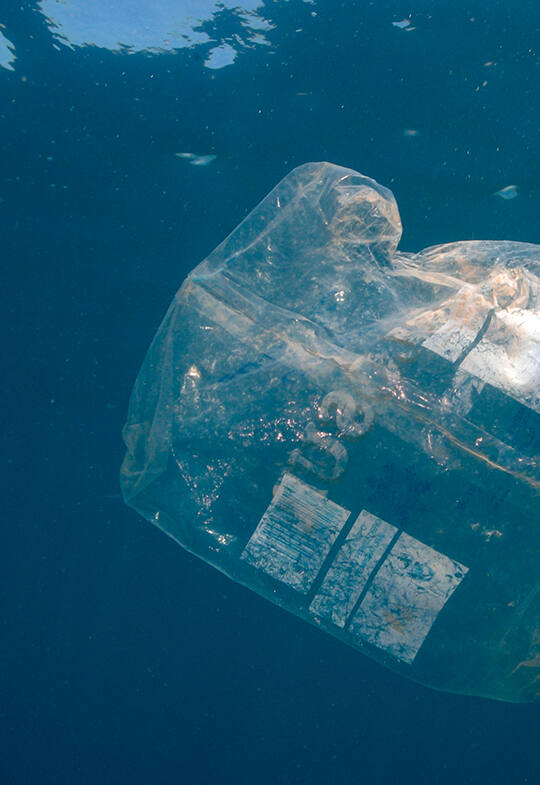
A HIDDEN PROBLEM
Protecting and restoring the characteristic biodiversity of the seafloor is Oceana’s main mission in the Mediterranean. “We want to shed light on a problem which, when it remains unseen, seems as though it doesn’t exist,” says the organisation’s management regarding the work of their expeditions to combat deep-sea plastics. These campaigns include a range of experts and aim to gather data and images that will help raise awareness of the current state of the depths of the Mediterranean. Ricardo Aguilar has no doubt about it: “Public opinion is key to bringing about change, but first they need to know that there is something worth protecting under the water.”
REASONS TO BELIEVE
Providing useful information to improve the knowledge and management of marine ecosystems is the goal of Oceana’s expeditions; along with making the data available to citizens, scientists and politicians so networks of protected sea areas can be created as they have been in other European countries such as Malta, Spain, Denmark, Sweden and the United Kingdom. “Awareness has progressed significantly over the past decade,” emphasises Ricardo Aguilar, who remains hopeful that this trend will continue: “To stay on the right track, it is essential that legislation against single-use plastics is ambitious and that both companies and citizens put an end to disposable culture.”
